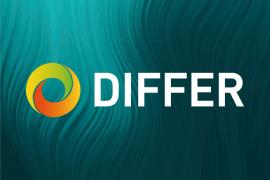The symposium Solar-to-products brings together the broad community working on converting solar energy to fuels and products. It is organized by TKI-BBE, NWO and DIFFER. In particular researchers are invited who participate(d) in the NWO programmes Solar-to-Products, Materials-for-Sustainability, CO2-Neutral-Fuels and Towards Biosolar Cells.
DIFFER
Events (archive)
